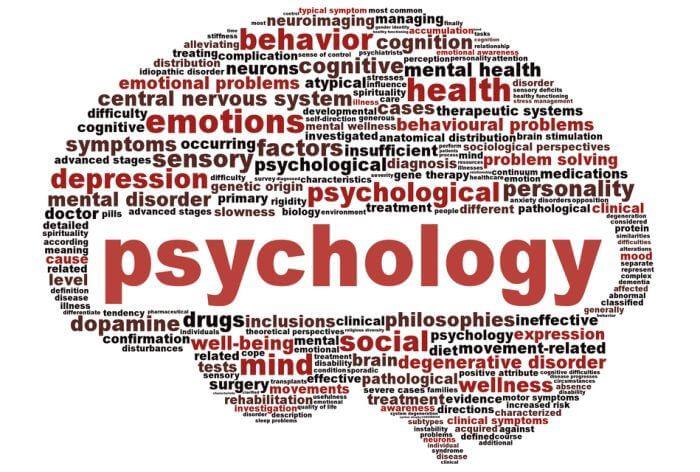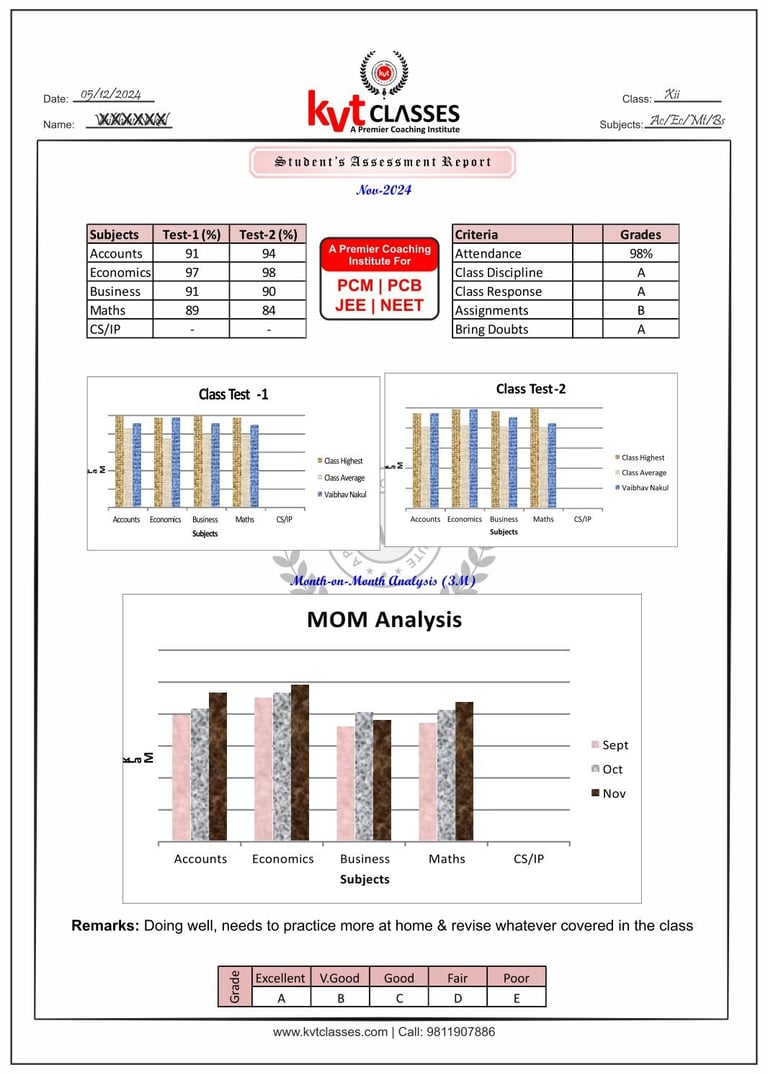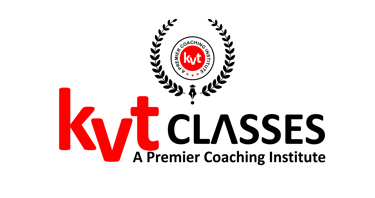Psychology XI-XII
Psychology is introduced as an elective subject at the higher secondary stage of school education. As a discipline, psychology specializes in the study of experiences, behaviors and mental processes of human beings within a socio-cultural historical context. This course purports to introduce the learners to the basic ideas, principles, and methods in Psychology. The emphasis is to create interest and exposure needed by learners to develop their own knowledge base and understanding.
The course deals with psychological knowledge and practices which are contextually rooted. It emphasizes the complexity of behavioral processes and discourages simplistic cause-effect thinking. This is pursued by encouraging critical reasoning, allowing students to appreciate the role of cultural factors in behavior and illustrating how biology and experiences shape behavior.
It is suggested that the teaching - learning processes should involve students in evolving their own understanding, therefore, teaching of Psychology should be based on the use of case studies, narratives, experiential exercises, analysis of common everyday experiences, etc.


Objectives:
To develop appreciation about human mind and behavior in the context of learners’ immediate society and environment.
To develop in learners an appreciation of the nature of psychological knowledge and its application to various aspects of life.
To enable learners to become perceptive, socially aware and self-reflective.
To facilitate students’ quest for personal growth and effectiveness, and to enable them to become responsive and responsible citizens.
Pattern of Studies
● Interactive Classes
● Home Assignments
● Class Notes
● Periodic Class Tests
● Student's Monthly Report
● One to One Attention
● Doubt Classes
● Syllabus Revision
Report Analysis Parameters
● Tests Marks
● Attendance
● Class Discipline
● Class Response
● Home Assignments
● Student's Comparison with Class
● Last 3 Months Performance
● Special Remarks
Student's Sample Report
Class Tests
● Two tests per subject in a month
● Test schedule on Saturday in extra hours
● Result within 1 week of test conduct
● Test discussion on result day
● Mistakes rectification briefing


Conduct of Classes
● On board explanation with notes
● Make Concept clear with practical examples
● Interactive class sessions
● Home work / Assignment at the end of the class
● Home work / Assignment check in the next class
● Quick recap of previous class in the next class
● Two tests per month/subject on Saturdays
● Class duration 1 Hr/sub alternate days (3Hrs./wk)
● Extra classes provided when needed
Classes Schedule 2024-25
Science Students Class XI-XII
Note: Class Tests will be conducted on Saturday in extra hours
Syllabus & Marks Weightage [ Class-XI ]
Syllabus & Marks Weightage [ Class-XII ]
Unit I What is Psychology?
The topics in this unit are:
1. Introduction
2. What is Psychology?
Psychology as a Discipline
Psychology as a Natural Science
Psychology as a Social Science
Understanding Mind and Behaviour
4. Popular Notions about the Discipline of Psychology
5. Evolution of Psychology
6. Development of Psychology in India
7. Branches of Psychology
8. Psychology and Other Disciplines
9. Psychology in Everyday Life
Unit II Methods of Enquiry in Psychology
The topics in this unit are:
1. Introduction
2. Goals of Psychological Enquiry
Steps in Conducting Scientific Research
Alternative Paradigms of Research
3. Nature of Psychological Data
4. Some Important Methods in Psychology
Observational Method
Experimental Method
Correlational Research
Survey Research
Psychological Testing
Case Study
5. Analysis of Data
Quantitative Method
Qualitative Method
6. Limitations of Psychological Enquiry
7. Ethical Issues
Unit III Human Development
The topics in this unit are:
1. Introduction
2. Meaning of Development
Life-Span Perspective on Development
3. Factors Influencing Development
4. Context of Development
5. Overview of Developmental Stages
Prenatal Stage
Infancy
Childhood
Challenges of Adolescence
Adulthood and Old Age
Unit IV Sensory, Attentional and Perceptual Processes
The topics in this unit are:
1. Introduction
2. Knowing the world
3. Nature and varieties of Stimulus
4. Sense Modalities
Functional limitation of sense organs
5. Attentional Processes
Selective Attention
Sustained Attention
6. Perceptual Processes
Processing Approaches in Perception
7. The Perceiver
8. Principles of Perceptual Organization
9. Perception of Space, Depth and Distance
Monocular Cues and Binocular Cues
10. Perceptual Constancies
11. Illusions
12. Socio-Cultural Influences on Perception
Unit V Learning
The topics in this unit are:
1. Introduction
2. Nature of Learning
3. Paradigms of Learning
4. Classical Conditioning
Determinants of Classical Conditioning
5. Operant/Instrumental Conditioning
Determinants of Operant Conditioning
Key Learning Processes
6. Observational Learning
7. Cognitive Learning
8. Verbal Learning
9. Skill Learning
10. Factors Facilitating Learning
11. Learning Disabilities
Unit VI Human Memory
The topics in this unit are:
1. Introduction
2. Nature of memory
3. Information Processing Approach : The Stage Model
4. Memory Systems : Sensory, Short-term and Long term Memories
5. Levels of Processing
6. Types of Long-term Memory
Declarative and Procedural; Episodic and Semantic
7. Nature and Causes of Forgetting
Forgetting due to Trace Decay, Interference and Retrieval Failure
8. Enhancing Memory
Mnemonics using Images and Organization
Unit VIII Thinking
The topics in this unit are:
1. Introduction
2. Nature of Thinking
Building Blocks of Thought
3. The Processes of Thinking
4. Problem Solving
5. Reasoning
6. Decision-making
7. Nature and Process of Creative Thinking
Nature of Creative Thinking
Process of Creative Thinking
8. Thought and Language
9. Development of Language and Language Use
Unit VIII Motivation and Emotion
The topics in this unit are:
1. Introduction
2. Nature of Motivation
3. Types of Motives
Biological Motives
Psychosocial Motives
4. Maslow’s Hierarchy of Needs
5. Nature of Emotions
6. Expression of Emotions
Culture and Emotional Expression
Culture and Emotional Labelling
7. Managing Negative Emotions
8. Enhancing Positive Emotions
Detailed Syllabus [ Class-XI ]
Detailed Syllabus [ Class-XII ]
Unit I Variations in Psychological Attributes
The topics in this unit are:
1. Introduction
2. Individual Differences in Human Functioning
3. Assessment of Psychological Attributes
4. Intelligence
5. Psychometric Theories of Intelligence, Information Processing Theory: Planning, Attention-arousal and Simultaneous successive Model of Intelligence, Triarchic Theory of Intelligence; Theory of Multiple Intelligences.
6. Individual Differences in Intelligence
7. Culture and Intelligence
8. Emotional Intelligence
9. Special Abilities: Aptitude: Nature and Measurement
10. Creativity
Unit II Self and Personality
The topics in this unit are:
1. Introduction
2. Self and Personality
3. Concept of Self
4. Cognitive and Behavioural aspects of Self
5. Culture and Self
6. Concept of Personality
7. Major Approaches to the Study of Personality
Type Approaches
Trait Approaches
Psychodynamic Approach and Post Freudian Approaches
Behavioural Approach
Cultural Approach
Humanistic Approach
8. Assessment of Personality
Self-report Measures
Projective Techniques
Behavioural Analysis
Unit III Meeting Life Challenges
The topics in this unit are:
1. Introduction
2. Nature, Types and Sources of Stress
3. Effects of Stress on Psychological Functioning and Health
Stress and Health
General Adaptation Syndrome
Stress and Immune System
Lifestyle
4. Coping with Stress
Stress Management Techniques
5. Promoting Positive Health and Well-being
Life Skills
Positive Health
Unit IV Psychological Disorders
The topics in this unit are:
1. Introduction
2. Concepts of Abnormality and Psychological Disorders
Historical Background
3. Classification of Psychological Disorders
4. Factors Underlying Abnormal Behaviour
5. Major Psychological Disorders
Anxiety Disorders
Obsessive-Compulsive and Related Disorders
Trauma-and Stressor-Related Disorders
Somatic Symptom and Related Disorders
Dissociative Disorders
Depressive Disorder
Bipolar and Related Disorders
Schizophrenia Spectrum and Other Psychotic Disorders
Neurodevelopmental Disorders
Disruptive, Impulse-Control and Conduct Disorders
Feeding and Eating Disorders
Substance Related and Addictive Disorders
Unit V Therapeutic Approaches
The topics in this unit are:
1. Nature and Process of psychotherapy
Therapeutic relationship
2. Types of Therapies
Behaviour Therapy
Cognitive Therapy
Humanistic-Existential Therapy
Alternative Therapies
Factors contributing to healing in Psychotherapy
Ethics in Psychotherapy
3. Rehabilitation of the Mentally Ill
Unit VI Attitude and Social Cognition
The topics in this unit are:
1. Introduction
2. Explaining Social Behaviour
3. Nature and Components of Attitudes
4. Attitude Formation and Change
Attitude Formation
Attitude Change
Attitude-Behaviour Relationship
5. Prejudice and Discrimination
6. Strategies for Handling Prejudice
Unit VII Social Influence and Group Processes
The topics in this unit are:
1. Introduction
2. Nature and Formation of Groups
3. Type of Groups
4. Influence of Group on Individual Behaviour
Social Loafing
Group Polarisation
